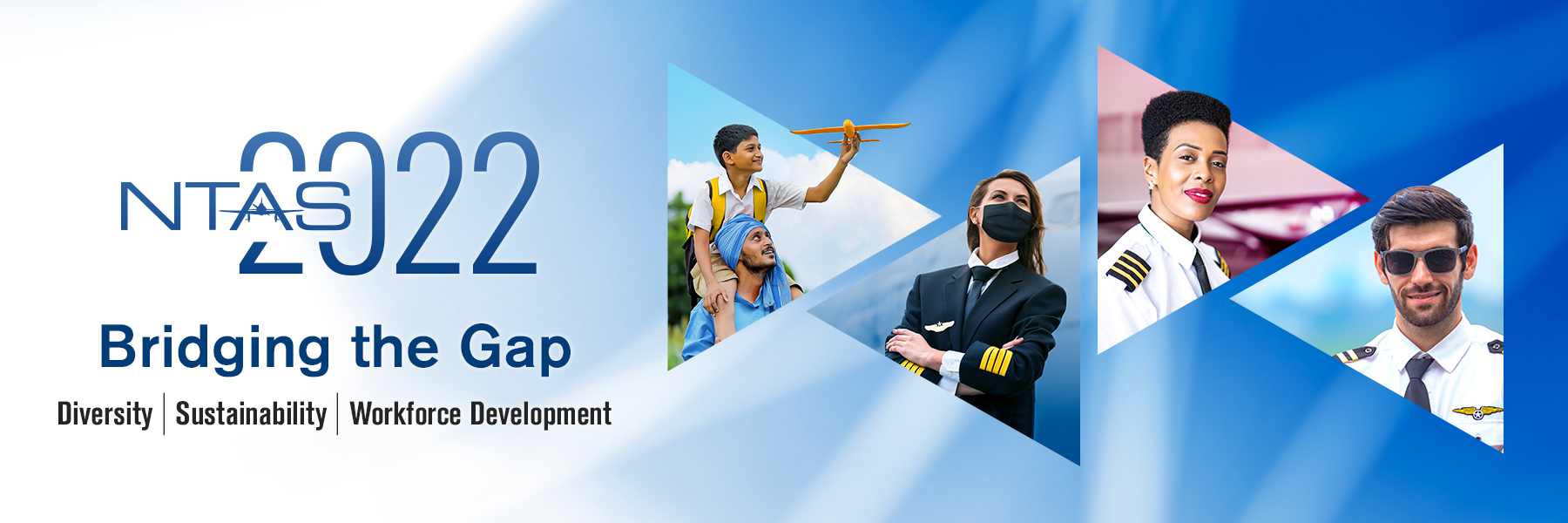Utilizing Deep Learning to Predict Unstabilized Approaches for General Aviation Aircraft
Presenter Email
misras@my.erau.edu
Keywords
Machine Learning, Unstable Approaches, General Aviation
Abstract
Unstabilized approaches pose a major hazard for general aviation aircraft. In the period from 2009 to 2019, 3,257 general aviation accidents occurred during the landing phase of flight in which loss of control was analyzed to be the leading cause of accidents [1]. Previous studies have explored the use of machine learning to develop low-cost and easily adaptable predictive tools as possible mitigation tools for unstabilized approaches. This study was aimed at developing a machine learning-based predictive warning system for pilots to abort an unstabilized approach and execute a go-around maneuver. Deep neural networks were trained predict unstabilized approaches for a light multi-engine general aviation aircraft. Since the data was structured with data points corresponding to every second of the flight and exhibited qualities of a time-series dataset, a Recurrent Neural Network architecture was used to model the timeseries relationships. To develop and validate the model, a dataset comprising of approximately 42,000 landings was used. The model developed in this study was able to predict an unstabilized approach with an accuracy of 84%, and the vertical speed of an aircraft was determined to be the most significant predictor of an unstabilized approach.
Utilizing Deep Learning to Predict Unstabilized Approaches for General Aviation Aircraft
Unstabilized approaches pose a major hazard for general aviation aircraft. In the period from 2009 to 2019, 3,257 general aviation accidents occurred during the landing phase of flight in which loss of control was analyzed to be the leading cause of accidents [1]. Previous studies have explored the use of machine learning to develop low-cost and easily adaptable predictive tools as possible mitigation tools for unstabilized approaches. This study was aimed at developing a machine learning-based predictive warning system for pilots to abort an unstabilized approach and execute a go-around maneuver. Deep neural networks were trained predict unstabilized approaches for a light multi-engine general aviation aircraft. Since the data was structured with data points corresponding to every second of the flight and exhibited qualities of a time-series dataset, a Recurrent Neural Network architecture was used to model the timeseries relationships. To develop and validate the model, a dataset comprising of approximately 42,000 landings was used. The model developed in this study was able to predict an unstabilized approach with an accuracy of 84%, and the vertical speed of an aircraft was determined to be the most significant predictor of an unstabilized approach.



Comments
Presented in Session 3 A - Advancing Aviation: AI & Machine Learning